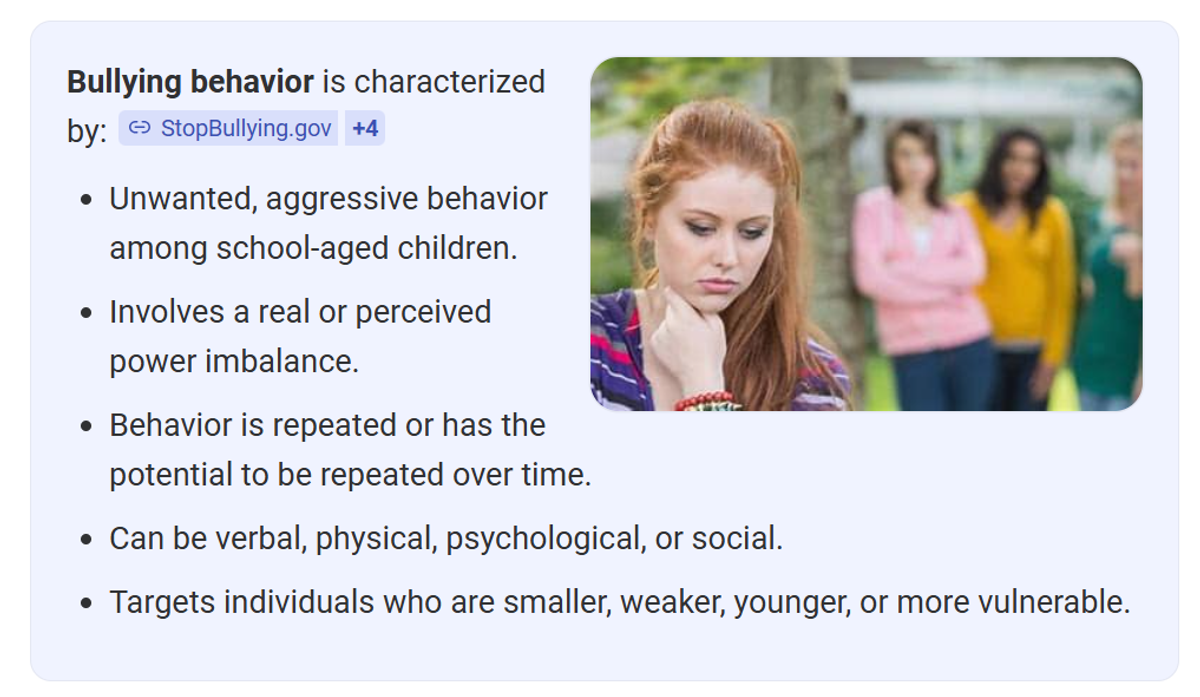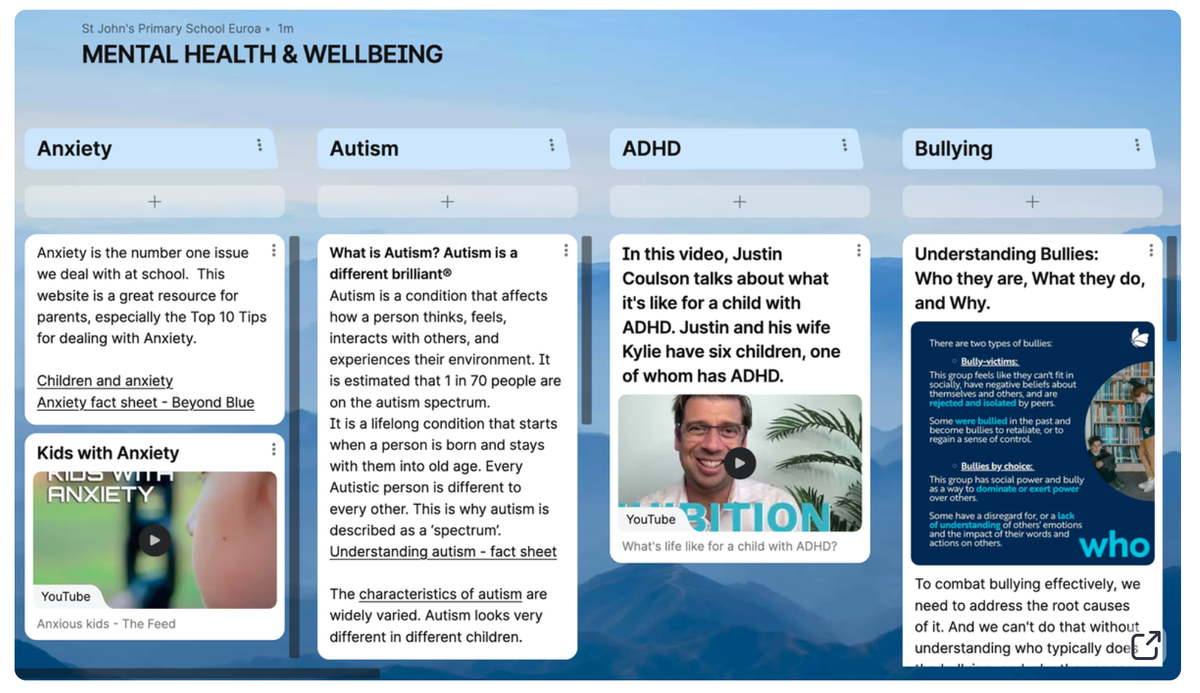Mental Health in Primary Schools: Brain development

Ally Johnston
Mental Health in Primary Schools Leader
🧠 How Your Child’s Brain Learns – The Power of Repetition
Understanding why repeated learning helps your child succeed
At school, you may notice that your child is revisiting the same topics more than once—perhaps they’re practising multiplication facts again, writing another persuasive text, or reviewing a reading strategy they’ve already seen. You might even wonder: Why are they doing this again?
The answer lies in how the brain works.
🧠 The Brain and Learning
Your child’s brain is made up of billions of cells called neurons. These neurons send messages to each other, helping your child learn, think, and remember. The messages travel across tiny gaps between neurons called synapses.
When your child learns something new, those messages start to travel—but the pathways are still weak. Think of it like a dirt track through the bush: it exists, but it’s easy to lose. If the learning isn’t repeated, the brain may let that pathway fade.
🔁 Repetition Builds Stronger Connections
When your child practises something over and over—whether it’s at school or at home—the brain strengthens that pathway. It turns that “dirt track” into a clear, reliable road.
Eventually, with enough repetition and use, the learning moves into long-term memory. That’s how your child begins to recall information easily and build confidence over time.
So yes—repetition really matters!
⚠️ The Impact of Bullying on the Brain
Unfortunately, just as positive experiences can strengthen healthy brain connections, negative experiences like bullying can have the opposite effect.
When a child is bullied or feels unsafe, the brain activates its stress response system—a flood of stress hormones like cortisol prepares the brain for survival, not learning. In this state, it becomes much harder for children to concentrate, form strong memories, or regulate emotions.
Over time, repeated stress from bullying can interfere with the development of key brain pathways related to learning, decision-making, and self-esteem. This is why creating a safe, supportive environment is just as important for learning as the lessons themselves. Remind your child to speak directly to the person who has upset them. If the behaviour continues your child should speak to the classroom teacher, so that it can be addressed immediately.
💡 How You Can Help at Home
- Encourage your child to talk about their day and share how they’re feeling.
- Support practice and revision—even if they say, “I already know this!”
- Praise effort and persistence.
- Watch for changes in mood or confidence, and reach out if you're concerned.
- Remind your child that school is a safe place—and we’re here to help if it ever doesn’t feel that way.
✅ The Big Picture
Revisiting concepts isn’t a sign your child is behind—it’s a sign their brain is building strong, lasting knowledge. And just as repetition strengthens learning, a sense of safety and belonging strengthens the brain’s ability to grow, adapt, and thrive.
Together, at school and at home, we’re helping your child build not just knowledge, but resilience, confidence, and a healthy brain.
If you have any questions or concerns—academic or emotional—please don’t hesitate to contact us.
Click to access past resources


